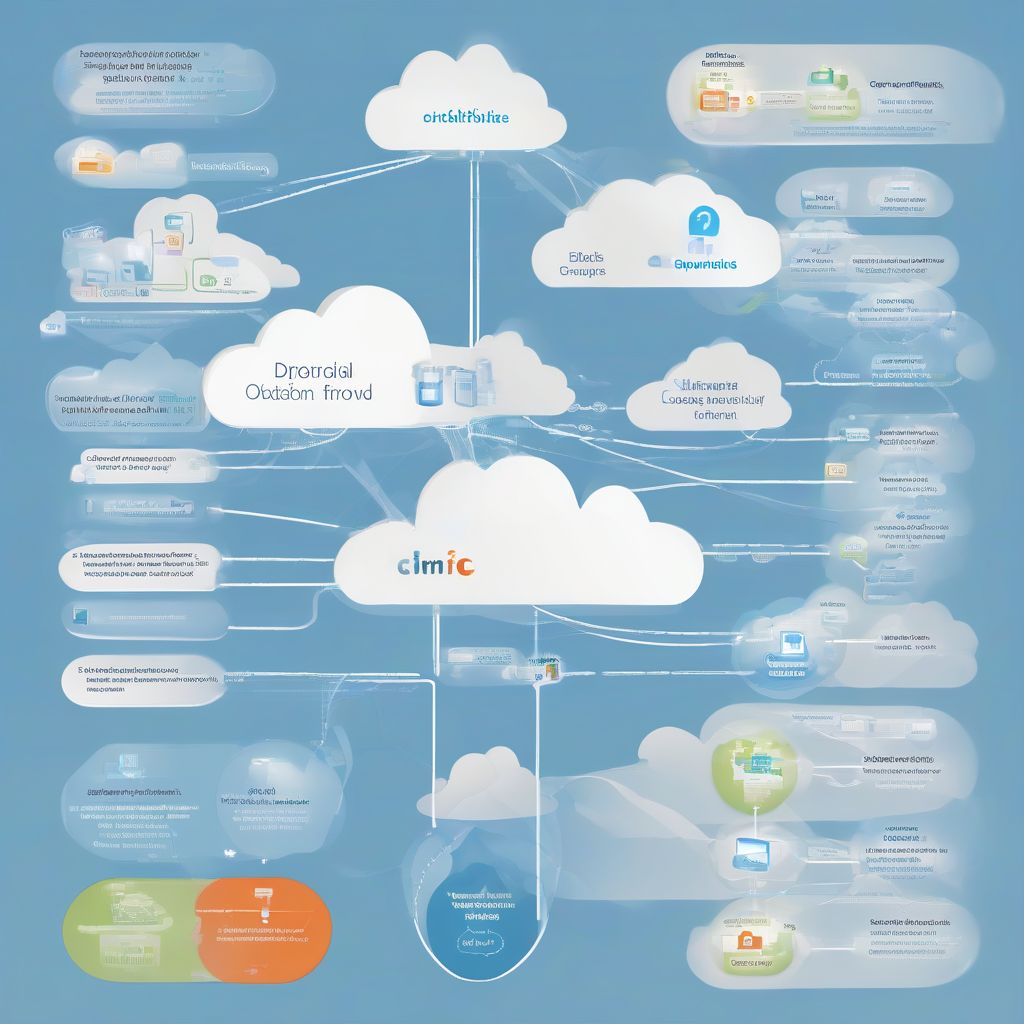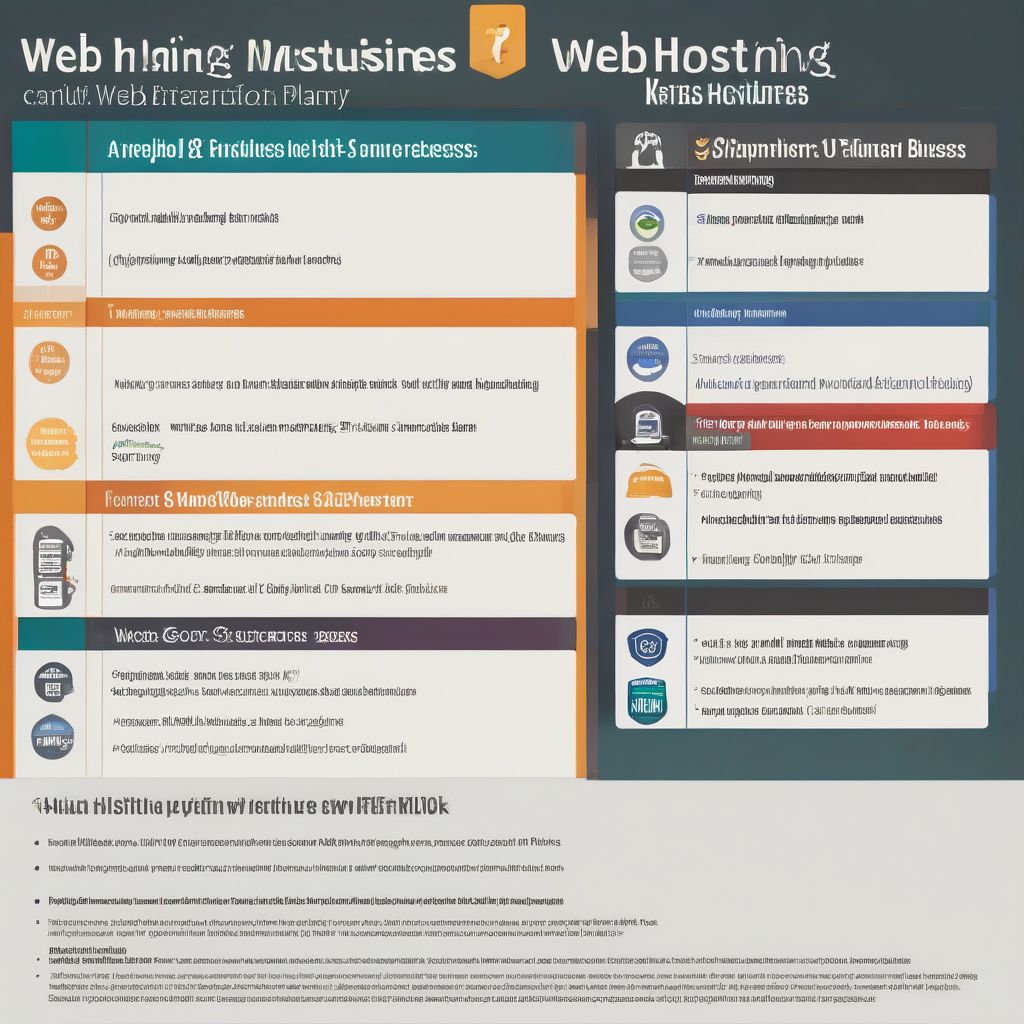
Choosing the right web hosting solution can feel like navigating a maze, especially with the buzzword “cloud” attached to almost everything. While traditional hosting has its place, Cloud Hosting Options have emerged as powerful, scalable, and often more cost-effective solutions for businesses and individuals alike. But what exactly are cloud hosting options, and how do you choose the right one for your needs?
Demystifying Cloud Hosting: What Does It Mean?
In essence, cloud hosting moves your website or application from a single server to a network of interconnected servers – the “cloud.” This network, maintained by a cloud hosting provider, distributes your website’s data and resources across multiple servers. Think of it like having a team of servers working together, rather than relying on one to carry the entire load.
Why is Cloud Hosting Gaining Popularity?
Several factors contribute to the rising popularity of cloud hosting:
- Scalability: Unlike traditional hosting, cloud hosting allows you to easily scale your resources up or down based on your needs. Expecting a surge in traffic? No problem, your cloud host can allocate more resources seamlessly.
- Reliability: With your website’s data mirrored across multiple servers, cloud hosting ensures high availability even if one server experiences issues. This redundancy minimizes downtime and keeps your website accessible.
- Cost-Effectiveness: Cloud hosting often follows a pay-as-you-go model. You only pay for the resources you use, making it a potentially cost-effective solution, especially for websites with fluctuating traffic.
Exploring Your Cloud Hosting Options
The world of cloud hosting isn’t one-size-fits-all. Let’s delve into the most common cloud hosting options available:
1. Public Cloud
Public cloud is the most widely known type of cloud hosting. In this model, the cloud provider owns and manages all the hardware and infrastructure. You share resources with other users on the same infrastructure, but your data remains isolated and secure.
Pros:
- Cost-effective, especially for small businesses and startups
- Highly scalable
- Minimal management required from your end
Cons:
- Potential security risks due to shared infrastructure (though providers implement robust security measures)
- Performance can be affected by other users on the same server
2. Private Cloud
Private cloud offers a higher level of security and control as you essentially have a dedicated cloud infrastructure for your use only. It can be hosted on your premises or by a third-party provider.
Pros:
- Enhanced security and privacy
- Greater control over resources and customization options
- Ideal for businesses with stringent security and compliance requirements
Cons:
- More expensive than public cloud
- Requires more technical expertise to manage
3. Hybrid Cloud
As the name suggests, hybrid cloud combines elements of both public and private cloud. You can choose to keep sensitive data on a private cloud while hosting less critical data or applications on a public cloud.
Pros:
- Flexibility to choose the best environment for different applications or workloads
- Cost-optimization by utilizing public cloud for less sensitive data
- Improved security for critical data
Cons:
- Can be complex to set up and manage
- Requires careful planning to ensure seamless integration between different environments
racinghd.net/wp-content/uploads/2024/08/cloud-hosting-options-66c5ab.jpg" alt="Cloud Hosting Options Diagram" width="1024" height="1024">Cloud Hosting Options Diagram
Choosing the Right Cloud Hosting Solution: Key Considerations
Navigating the world of cloud hosting options requires careful consideration of your specific needs and priorities. Ask yourself these questions:
- What is your budget?
- What are your security requirements?
- How much technical expertise do you have in-house?
- How important is scalability to your business?
Answering these questions will guide you toward the cloud hosting option that best aligns with your goals.
The Future is in the Cloud
Cloud hosting has moved beyond a trend to become the new norm in the digital landscape. Its flexibility, scalability, and cost-effectiveness make it an increasingly attractive solution for businesses and individuals looking to establish a strong online presence. As technology advances, we can only expect cloud hosting options to become even more sophisticated and accessible, further solidifying their place as the future of web hosting.

